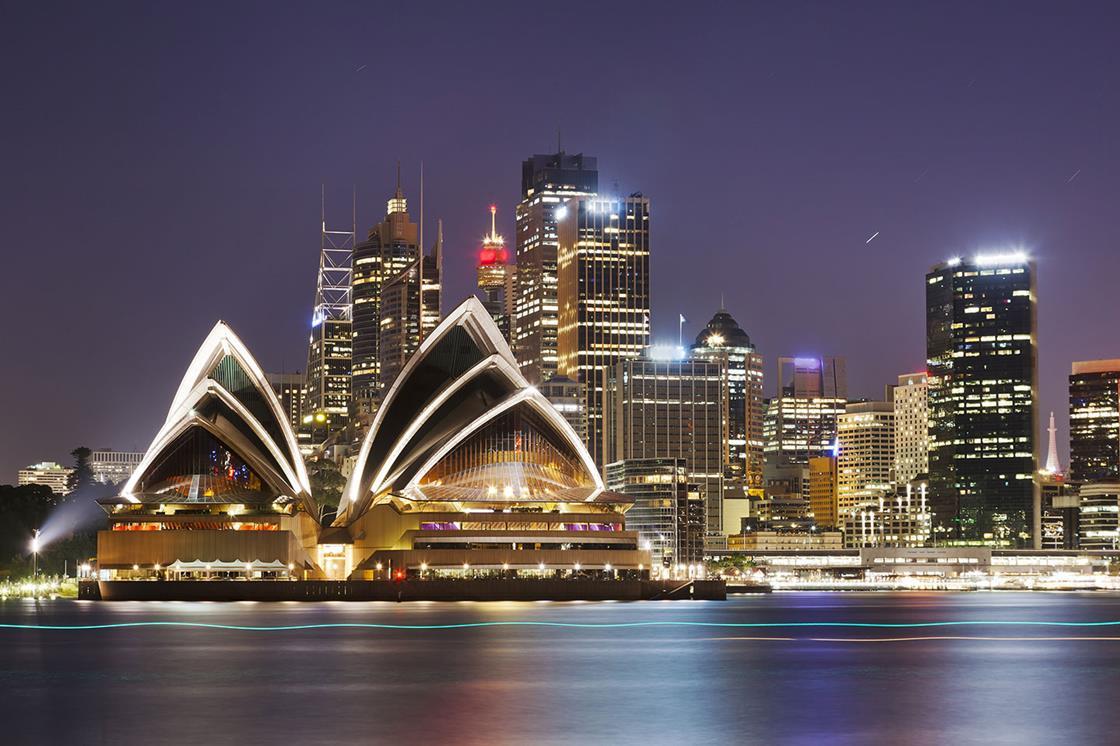
H2 is an emerging industry that has huge potential to deliver significant economic, jobs, fuel security and environmental benefits to Australia. From transforming transport, to providing secure, affordable and clean energy for industry, the potential of an Australian H2 industry is massive.
Due to Australia’s low cost renewable energy and proximity to Asian markets, it is projected to have a significant cost advantage compared to other H2 producing nations such as Qatar and Norway. This means that as well as playing a key part in Australia’s own transition to clean energy, H2 also represents a huge export opportunity, with the global market for H2 expected to be worth $215bn by 2022 according to the International Energy Agency. Due to existing LNG infrastructure and a proof of concept H2 plant, the Australian City of Gladstone has enormous potential as an export hub for H2.
ACIL Allen Consulting projects that H2 exports alone could contribute $3.6bn per annum to the economy and generate nearly 6,000 jobs by 2030. This is projected to grow to $10bn of exports per annum by 2040, and 16,000 new jobs, with most of these jobs in regional areas.
The plan
Labour’s plan will support the H2 economy through research and development (R&D), commercialisation, deployment, infrastructure and regulatory reform.
Labour will require the Australian Renewable Energy Agency (ARENA) to direct up to $90m of its investment budget to support the development and pre-commercial deployment of H2 technologies, as well as making H2 production, storage and transport a funding priority of the Australian Research Council.
Labour will allocate $1bn of the Clean Energy Innovation Fund (CEFC) to support clean H2 from Labour’s commitment to double CEFC’s capital by $10bn, allocate $40m from the CEFC to demonstration and development of H2 technologies, and require ARENA to allocate $10m of funds towards establishing H2 refuelling infrastructure across Australia.
Labour will deliver regulatory changes for H2 use such as; developing a ‘Guarantee of Origin’ scheme to certify carbon neutral H2, having the AEMC examine rule changes to allow for compensation for grid firming by electrolysers, pursuing international export agreements on H2, and work with states to harmonise regulations for H2 vehicles.
Labour will invest $3.0m to establish the National Hydrogen Innovation Hub in Gladstone. Building on existing expertise and infrastructure, the centre will kick-start early commercialisation of H2 technologies, provide a hub for ARENA, researchers and other agencies, and develop opportunities for leveraging LNG infrastructure to support H2 exports. Labour will seek expressions of interests from joint ventures between industry and research providers in allocating funding.
Labour’s plan will have a capped budget cost of $3.0m on the underlying cash balance over the forward estimates.
